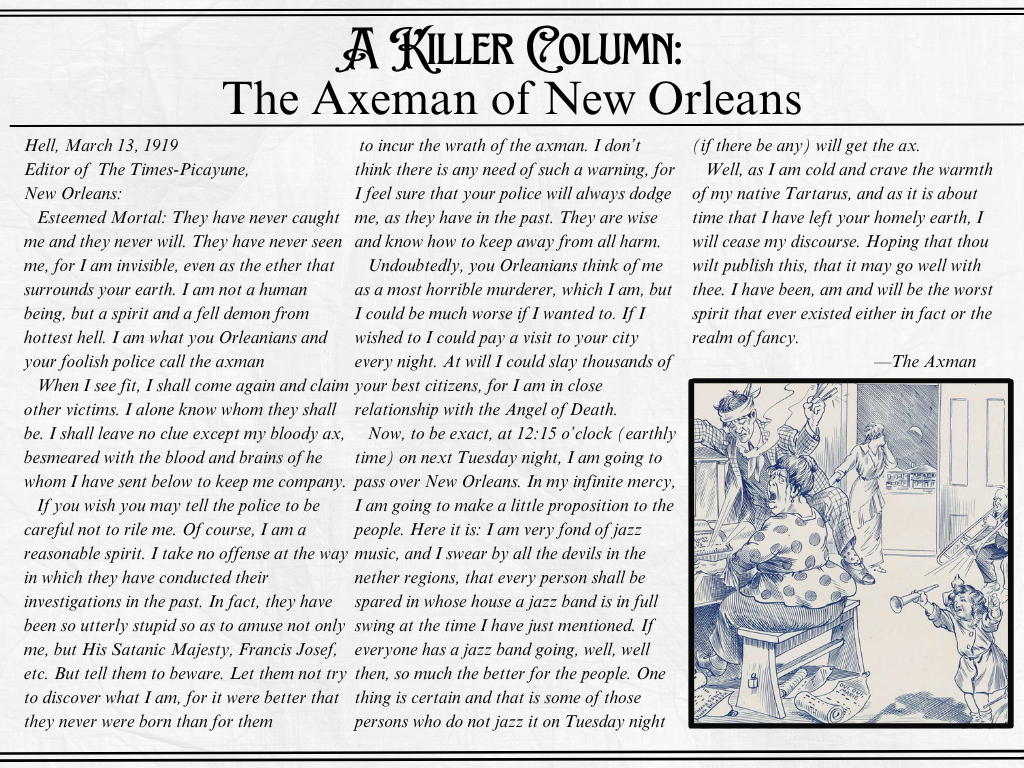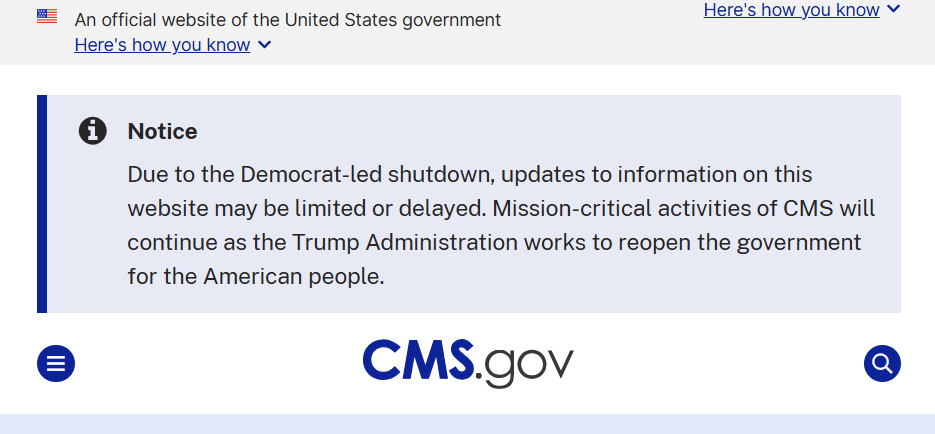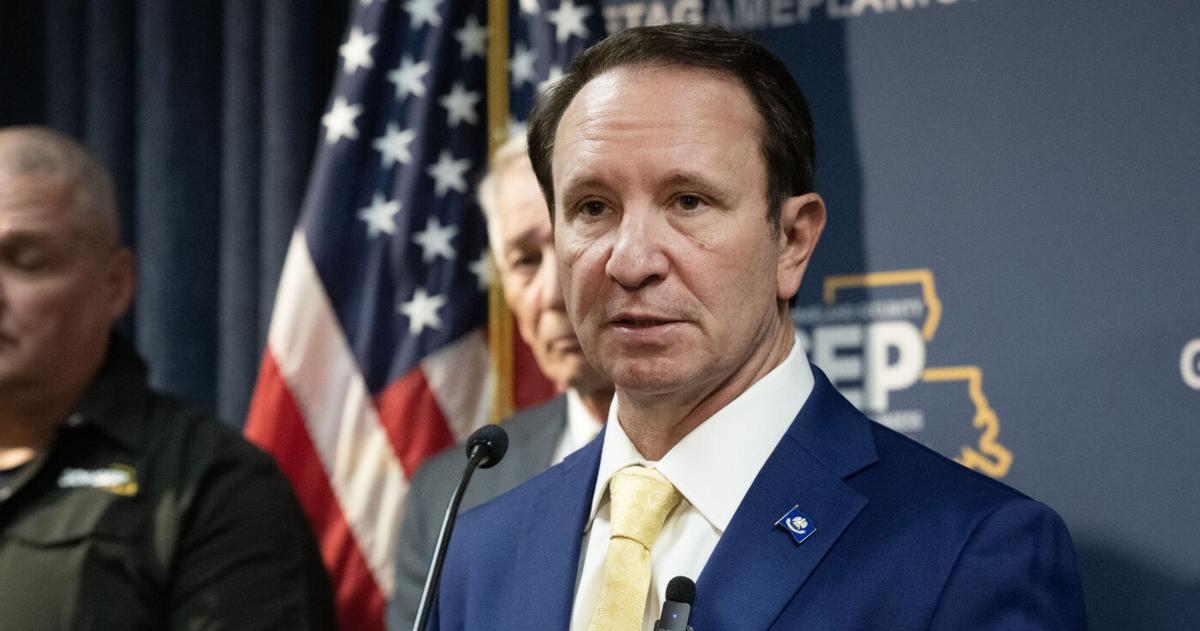While there’s a lot of conversation surrounding who’s going to be the next Louisiana governor, the rest of the ballot is just as significant.
The people of Louisiana will also vote on lieutenant governor, secretary of state, attorney general and treasurer in the primary on Oct. 14.
The lieutenant governor focuses on efforts by the Department of Culture, Recreation and Tourism. According to the Louisiana Department of Administration, lieutenant governors should market Louisiana as a preferred choice for retirement and promote community activism through programs funded by the Volunteer Louisiana Commission.
The lieutenant governor also has to be prepared to take over as governor in the event of a vacancy.
The secretary of state has many duties as part of their role, but the most known is being responsible for state elections. The Secretary of State’s office must work to certify ballots, administer election laws and promote election returns.
Protecting the people and resources of Louisiana by providing legal representation and interpretation is one of the main focuses of the attorney general. The attorney general will work under the Department of Justice to oversee effective law enforcement and public education programs.
The Louisiana Department of Treasury handles state funds and investment strategies. The state treasurer has a list of specific duties regarding debt, payments and effectively managing taxpayer money.
Four proposed amendments will also be included on the ballot. By voting yes on an amendment, you support the amendment’s inclusion in the Louisiana Constitution. A no vote would mean you don’t want to see the amendment added.
According to the Louisiana House of Representatives, Amendment No. 1 is about the prohibition of using “funds, goods, or services from a foreign government or a nongovernmental source to conduct elections” unless authorized by the secretary of state. This means that any non-government source, including private companies and foreign governments, would not be able to pay for or donate money to election supplies or functions.
The second proposed amendment would make the freedom of worship a fundamental right that receives the highest order of protection. The senate bill for the proposal states that “the court shall apply strict scrutiny in order to protect the fundamental right to worship in a church or other place of worship.”
Amendment No. 3 would require that at least 25% of nonrecurring state revenue would go toward the state’s retirement systems. This allows the legislature to use more surplus dollars to reduce debt in the retirement pensions for state workers.
The last amendment on the ballot gives local governments the ability to deny property tax exemptions to nonprofit corporations that own residential property that is not taken care of to the point that it endangers public safety.







